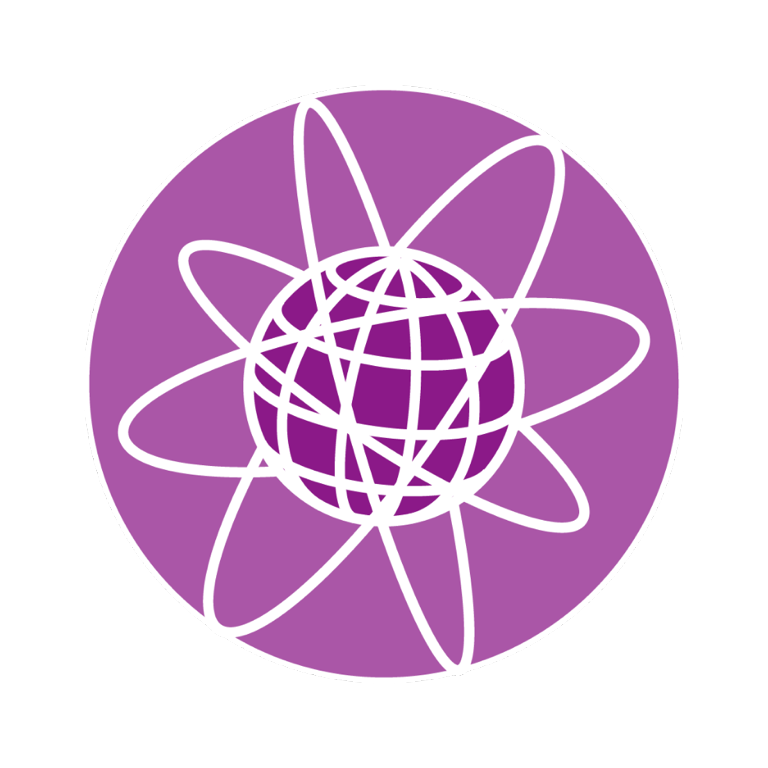GNSS DATA AND PRODUCTS
Global Navigation Satellite Systems (GNSS) enable the measurement of surface deformations at various spatial and temporal scales, offering valuable information on the Earth’s geodynamic processes. In addition, the integration of GNSS with other geodetic and geophysical techniques strengthens the ability to monitor and interpret solid Earth dynamics, contributing to natural hazard assessment and long-term geophysical research.
Infrastructure and Collaborative Framework
The TCS GNSS Data and Products relies on a distributed GNSS infrastructure, composed of continuously tracking GNSS stations, data nodes, data analysis centers, and dedicate portals to access metadata, data, and derived products. They are operated and maintained by national mapping agencies, public institutions, and private organizations. These entities ensure the continuous acquisition and sharing of GNSS data (and associated metadata), as well as the computation and distribution of high-quality geodetic products such as position time series, velocity fields, and strain rate fields. A key partner in this effort is EUREF (Reference Frame Sub-Commission for Europe), which plays a fundamental role in guaranteeing data quality, standardization, and the adoption of best practices within the European geodetic community, reinforcing open science principles.
Applications and Societal Impact
GNSS enables precise measurement of crustal deformation across various temporal scales, from seconds (e.g., co-seismic displacements) to decades (e.g., plate motion). This continuous monitoring enhances our understanding of geodynamic processes, such as plate tectonic boundaries, regional strain accumulation, and vertical land motion. Beyond scientific research, GNSS plays a key role in geohazard assessment, helping to detect and monitor crustal deformation linked to seismic cycles, volcanic unrest, and slow-slip events. It also contributes to land deformation studies at local and regional scales, supporting analyses of long-term surface changes, including those related to sea-level variation. Additionally, GNSS data improves the realization and access to geodetic reference frames, necessary for geospatial applications and reliable long-term monitoring of Earth.
Tools and Platforms
To facilitate access and standardization, the EPOS’ GNSS infrastructure is supported by four dedicated pan-European portals for proving access to GNSS data, products, metadata, and quality checks. These portals provide centralized access to GNSS resources and ensure the integration of different datasets. The GLASS software has been developed to interconnect these portals, enhancing the management and dissemination of GNSS data and products across Europe.
Future Goals and Aspirations
The TCS GNSS aims to expand GNSS data coverage, integrating more stations to enhance the spatial and temporal (high-rate) resolution of geodetic observations. It also seeks to reduce latency of the GNSS products and develop new scientific products, improving the accuracy and usability of position time series, velocity fields, and strain rate fields. A key priority is to ensure that GNSS data and products are aligned with the FAIR data principles as this will optimize their use. Additionally, strengthening collaborations within the geoscience community and integrating GNSS with complementary techniques will further enhance the Earth system monitoring, supporting innovation and open science.
